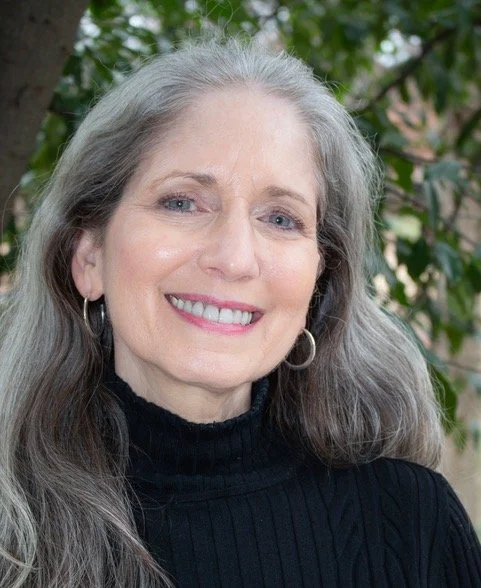The Backstage Zoo: A parable about our differences
SENSE Lab Uses Play and Love to Upend Our Discomforts
I asked Claude AI to help me get to the bottom of why the show, The Backstage Zoo, a production of SENSE Lab at Vanderbilt University Medical Center in Nashville, moved me so.
Blythe Corbett, PhD, directs SENSE Lab.
It typed out, “There's something special about how parables work their quiet magic, isn't there? They stay with us long after we've heard them, continuing to unfold their meaning.”
AI gets it.
Written by Vanderbilt researcher, playwright, and former actor, Blythe Corbett, this story is a multi-faceted gem.
• It’s for the neurodivergent and neurotypical actors on stage.
• It’s for those who love and care for them.
• It’s for researchers with data pointing to a correlation between acting and enhanced language and social skills in autistic children.
• And it’s for the broader audience, those of us who sometimes can’t slow down enough to concede that we are all different. That there are parts of us we try mightily to conceal because we’re ashamed of them. (Weird and Wonderful is one of the play’s three beguiling songs, and it suggests lightening up around our peculiarities . . .)
Normalizing differences is at the heart of this one-hour show.
The heart’s ability to enlarge our comfort zone is vastly underestimated.
The Backstage Zoo asks the audience to consider—just imagine—how uncomplicated respect and acceptance really could be.
And like any good parable, its wisdom is revealed in layers.
First, there is the easy-to-follow story about animals who through no fault of their own are different and, therefore, kept from public view.
This shielding stems from concern—the prevailing belief—that only attentive caregivers know what is best for those in their care in order to keep them safe.
Then there’s the layer, still close to the surface, that asks us to try-on-for-size the idea that nature can sometimes surprise us with the Weird and Wonderful—short giraffes, timid lions, and other anomalies, defined in the play as “exceptional, special and truly one of a kind.”
Further down the parable spiral, and accessed through curiosity about the world’s complexities, is an invitation to shed our dependency on sameness and lean into uncertainty.
That’s the offer, yet many of us might find it unsettling to interrupt knee-jerk reactions that often form judgments about the unexpected.
As a result, we shun people and things that bring out our discomforts.
On the mild, but still hurtful end of things, we simply look away.
And on the other extreme, who among us hasn’t witnessed mocking by bullies on the playground or even by our leaders?
. . . anomalies are defined in the play as “exceptional, special and truly one of a kind.”
It’s as though we humans just can’t help ourselves.
And if I’m honest, I still respond to the unexpected in ways I’m not always able to quickly manage.
When I notice myself entering that state, I ask in the most compassionate way I can muster, if I’m feeling vulnerable and afraid of what I hadn’t predicted.
And more often than not, it’s revealed that my response is entirely about my desire for ease.
And it’s seldom, if ever, about the other person.
After my third viewing of this play, I wanted every child to see it annually.
I wanted parents and caregivers, educators and friends to view it that often, too, so they’d understand that a child’s diagnosis is more about our capacity to love, accept, and respect than any deep fear our mind dreams up.
The Backstage Zoo is a beautiful tool to help us find value and make peace with the dazzling differences that exist on our planet.
Couldn’t we all benefit from deepening our comfort around the unknown? Growing our capacity for empathy? And enacting choice about how we respond to the new and unfamiliar?
The Backstage Zoo is a beautiful tool to help us find value and make peace with the dazzling differences that exist on our planet.
I left my week-end in Nashville with the hope that this play and others like it will become widely known and produced and that Blythe Corbett will continue to write stories that lift, expand, and connect us.
Want to know more?
Blythe Corbett’s TEDx Vanderbilt talk: Blending Art and Science: A Stage of Hope for Autism
SENSE Theatre® Research Program
Next blog: How a thank you became a trip to Nashville
SONG: This is Me
Sung by Keala Settle. Written by Benj Pasek and Justin Paul for the movie, The Greatest Showman Click here to listen


